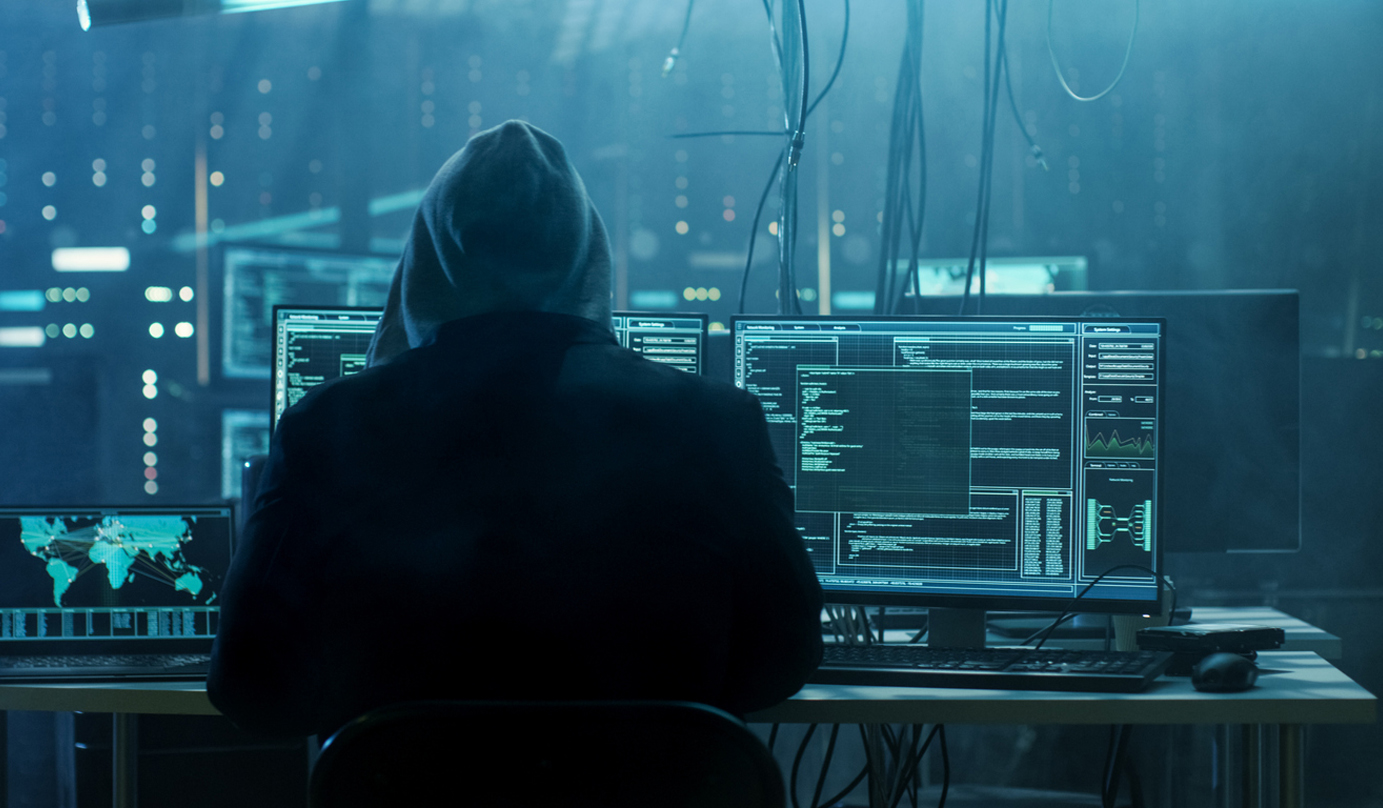
The Internet has changed the world in which we live. Never before have we spent more time in the online world. Our use of technology at home, at work, and at school is creating a culture that needs to check-in, upload, and share. But we must remember that all our actions have consequences.

Young people may not think much about the information they are sharing once they click ‘share’. But did you know that everything that you do online is traceable? Anything that is put online can stay online forever. From there it can find its way to the real world.

Everyone has a digital life. What you choose to show online is what the world will see. But that is not all. Each time you go online to google search, to shop, to message or to upload a photo, you leave a digital footprint. You are building your digital reputation. It is an online version of yourself.

Our digital footprint can be either passive or active. A passive footprint is all of your activity that is collected by web tracking. Big companies buy this information to learn more about you. They want to know what you buy. They want to know where you shop. They even want to know when you shop the most. When they know what kind of shopper you are, they can send you more adverts that you will like. They are tricking you into buying more products.

Your active footprint is anything that you share online. This includes things that you think you are just sharing with friends and family. Any of this information can be found by people in the real world. For example, schools might search social media to find out what kind of student you are. Would a school like what they find about you? If you apply for a job, an employer might find you on Facebook. They want to gain an insight into your personal life. Would they still hire you if they saw your Facebook page?

Cyberbullying is another issue for young people today. This happens when the Internet is being used to hurt someone. Teens are developing their social behaviours by interacting with their friends. Negative experiences can affect people for life. Because of the Internet, bullying can happen even faster through social media. In the digital world, the effects of bullying can reach out far beyond the school walls.

It is impossible to have a zero digital footprint. However, there are steps towards reducing your footprint so that you can create a positive ‘online you’. Never post messages or pictures you might find embarrassing later. Know the privacy settings on all social media sites. Do not share personal information such as your phone number, address, account numbers, or IP address. Giving this information away can lead to identity theft.

We should all practice digital citizenship. We can do this by acting responsibly in the online community. Chat politely online. Be respectful to others. Report cyberbullying. Protect your identity. These practices will keep you safe in the real world too.

We must be very careful on the Internet. You are not alone when you post something online. If you can’t share something face-to-face, why would you share it online with strangers?